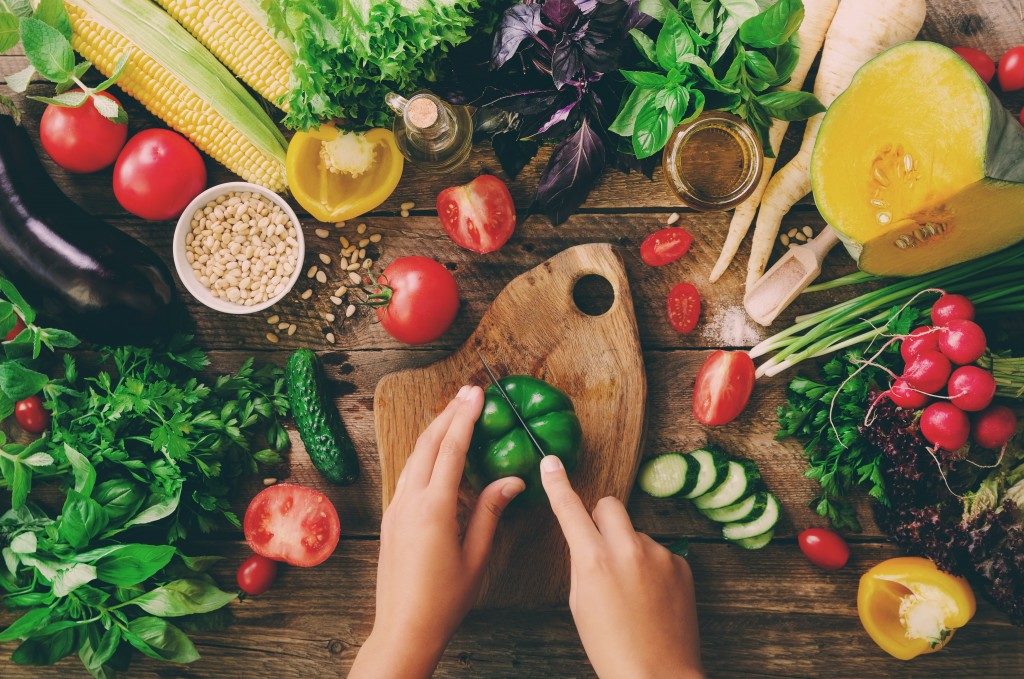By now, more people are becoming aware of the term “plant-based eating.” What many don’t know is where precisely the planet is in following it? How much interest is it drawing, and what are the different developments in the industry? The answers are what the readers will find out.
Drumming Up Interest
There are many ways to measure the growing popularity of plant-based meal plans. For example, Brits can already enrol in relevant training, such as a nutritional diploma course. They can take this if they want to break into the industry or train themselves on how to eat better.
These types of courses are now available in culinary schools and functional medicine centres. It then goes to show eating right seems to be gaining traction in the mainstream market.
One can also assess the online search results. The data provided by the Economist showed a dramatic increase in searches for “veganism.” The researchers saw an upwards trend in many European countries, as well as the United States.
In the UK, the surge was at its peak during January. Coincidentally, this is also the time for the Veganuary campaign, where people commit themselves to stay away from animal-based products for 30 days. Its demand was so high that it eventually took another health-related campaign called Dry January. During this time, Brits avoid chugging alcohol for a month.
In November 2019, Plant-Based News reported a significant spike of plant-based searches after the release of the documentary The Game Changers. This Netflix film featured celebrities, from athletes to musicians, who are plant-based eaters, particularly vegans. According to Google Trends, the interest over time jumped to 75 percent from slightly above 25 percent a year before.

In the UK, an IRI report in 2017 revealed that the Britons were buying healthier food. Over 70 percent chose foods with less sugar, fat, and calories. Nearly 5 percent is spent on organic food. Those who bought vegetarian options, meanwhile, went up by 26 percent compared to the data three years before.
Waitrose also reported in 2018 that around 33% of people in the UK avoided or reduced their meat consumption. More than 20% claimed they followed a flexitarian diet, where they complemented small amounts of meat with lots of plant produce.
The Rise of Beyond Burger and Vegan Meat
Vegan-based products are also helping increase the popularity of plant-based eating. They help meat-based eaters to transition to either vegetarianism or veganism. One of the well-known products is vegan meat.
Vegan meat, such as Beyond Burger or Impossible Burger, is designed to look, smell, and taste like the real one. The only difference is that the composition is plant-based, which may include brown rice, peas, and fava beans. Others may use soy.
In data by Mintel, around 25% of new food products launched in the UK had vegan labels. Meat-free foods also grew by 40% from 2014 to 2019, which was equivalent to over £800 million. With these substitutes in the market, over 60 percent of Brits preferred to eat them than the regular ones.
All these don’t mean that people in the UK are now eating clean diets. The same Mintel report suggested that over 70% still eat meat. But the interest is growing. As more studies support the benefits of eating healthy, the demand may only continue to rise in the coming years.




